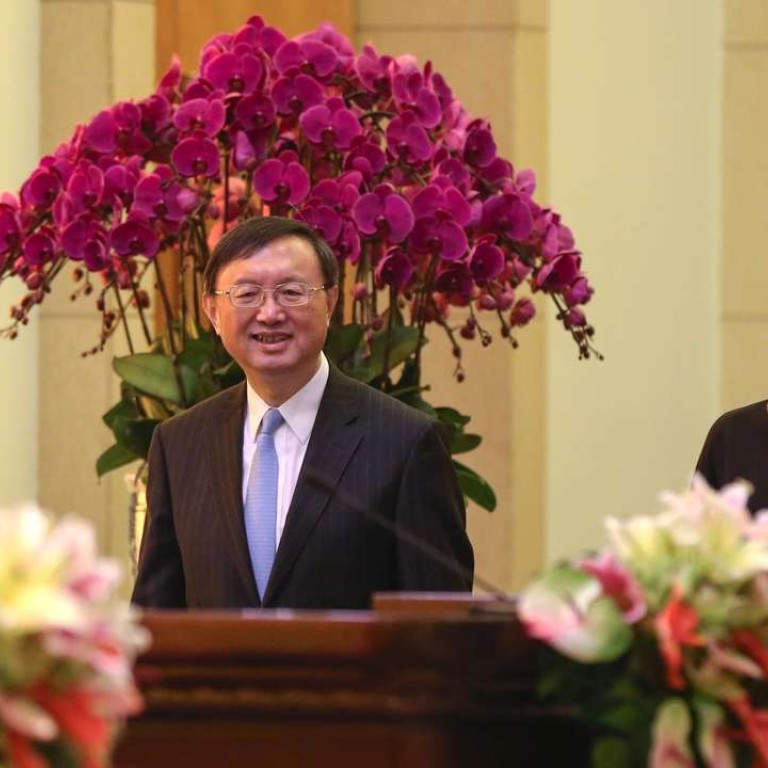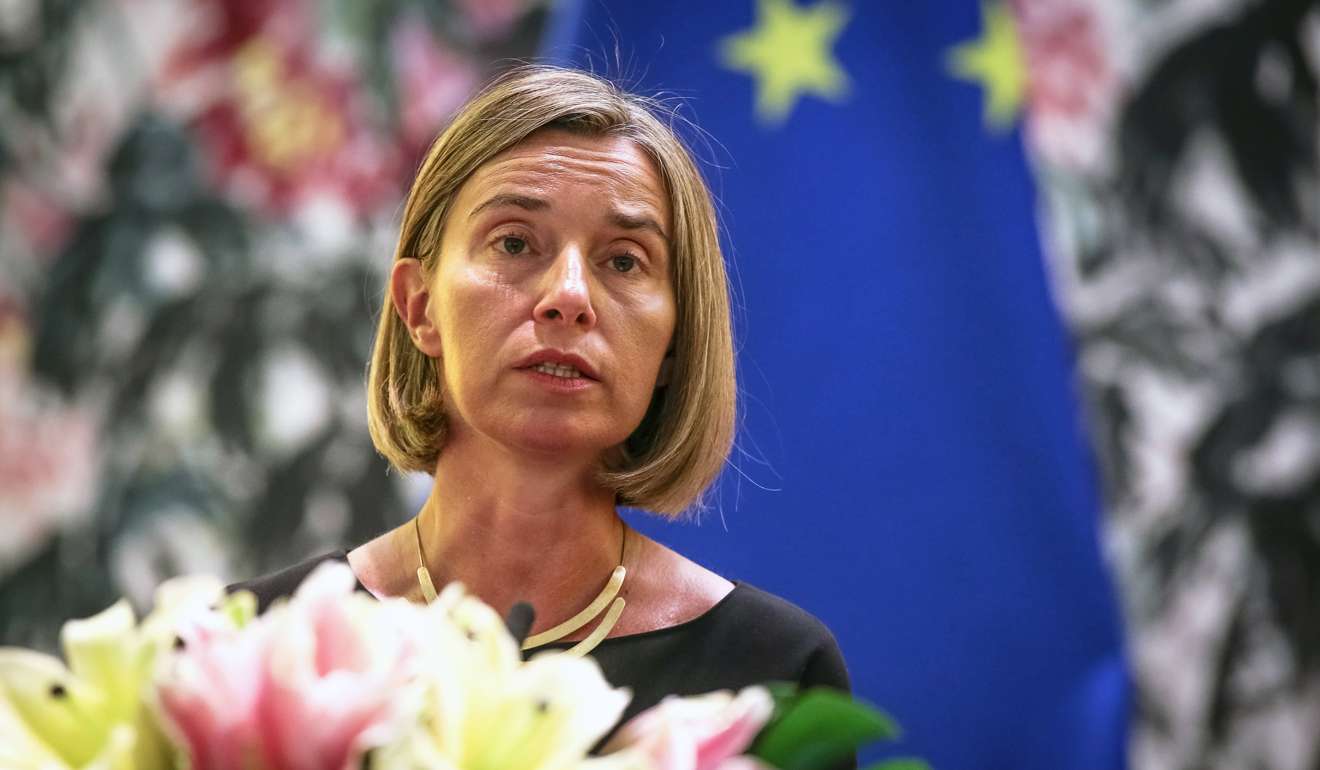
Comment: why it’s in China’s interests to compromise with the EU on trade
Europe’s markets are vital to the mainland as it attempts to forge infrastructure projects towards the continent, writes Philippe Le Corre
Less than a fortnight after President Donald Trump met his Chinese counterpart Xi Jinping in Florida for their first summit, a more low-key affair has taken place in Beijing this week, the 7th European Union-China Strategic Dialogue. It was held ahead of the “Belt and Road Initiative” summit that will take place in the Chinese capital next month.
During the chaotic first two months of the Trump administration, some Chinese analysts were quick to see the emergence of a Sino-European axis that would somewhat offer a counterweight to the competitive US-China relationship. For example, China and the EU are each other’s largest trading partners and share an interest in the implementation of the 2015 Paris agreement on climate that is now being questioned by the Trump administration.
Before the Florida summit, the new US president had made incendiary comments against China, branded the country a “currency manipulator” and said it was “responsible for the destruction of millions of US jobs”. A telephone conversation with the president of Taiwan, right after Trump’s election victory, also raised eyebrows in China, and even in some European capitals.
Now, it is far from certain that China and the EU would want to advocate jointly an “alternative vision of the world” that would oppose Donald Trump’s more isolationist views. Since the Florida summit, the US administration has in fact taken a different stance on several issues, such as Syria and North Korea, much more in line with previous presidents and perhaps closer to what America’s transatlantic partners expect.
As for Europe, it is facing general elections in the top three countries: France, the UK and Germany, as well as tough Brexit negotiations between London and the 27 remaining EU member states following last year’s referendum.

Over the past few years, European companies have been complaining about the increasing difficulties of accessing the China market while Chinese state-owned enterprises invest heavily in Europe (a 77 per cent increase in 2016 according to the Berlin-based Mercator Institute for Chinese Studies). In some cases, national governments, especially those facing challenging elections, have become more cautious toward Chinese investments in IT sectors. In February, economy ministers from Germany, France and Italy wrote to the EU Trade Commissioner to request a review of EU rules on inbound foreign investment amid concerns that sensitive technologies are being transferred “to serve the strategic objectives of their home countries, while EU companies often face barriers when they try to invest in such places”. A few months ago, the German government blocked the acquisition of semiconductor manufacturer Aixtron by a Chinese company.
The 420-million EU consumer market is highly important to China as the country wants to expand its infrastructure projects toward the European continent via the “Belt and Road Initiative”. China is looking for European projects for its Silk Road Fund. As reaffirmed by Xi Jinping in Davos earlier this year, Beijing has become a strong advocate of free trade and globalisation. It should therefore be amenable to compromise with the EU on commercial and especially investment issues. Unlike other areas where China does not see the EU as a credible power, economic issues are paramount to China’s ambitions. In a transition year with political uncertainties on the European continent, starting with the first round of the French presidential election this coming Sunday, the EU should take advantage of the Strategic Dialogue to push its economic interests.
Philippe Le Corre is a visiting fellow at the Brookings Institution in Washington

